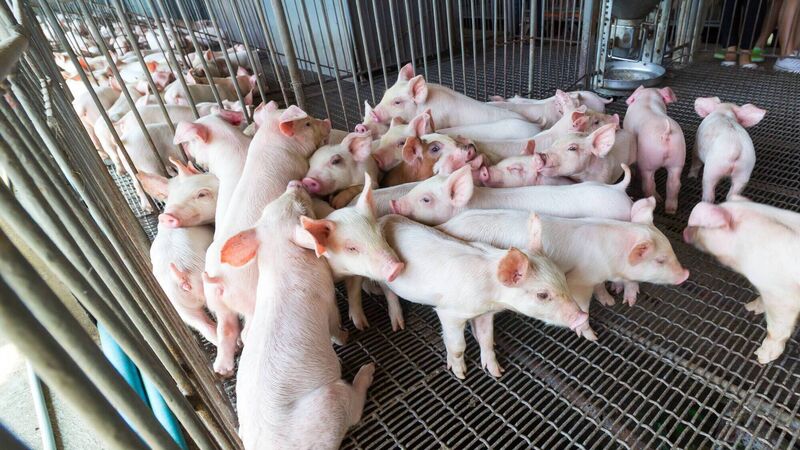Losing hope: Ireland’s pig farmers warn they can’t go on losing thousands a week

A series of challenges have plagued the island’s pig industry over the last few months, including carbon dioxide shortages, Covid-related plant closures, staffing issues in the North because of Brexit, and surging electricity and gas prices.










